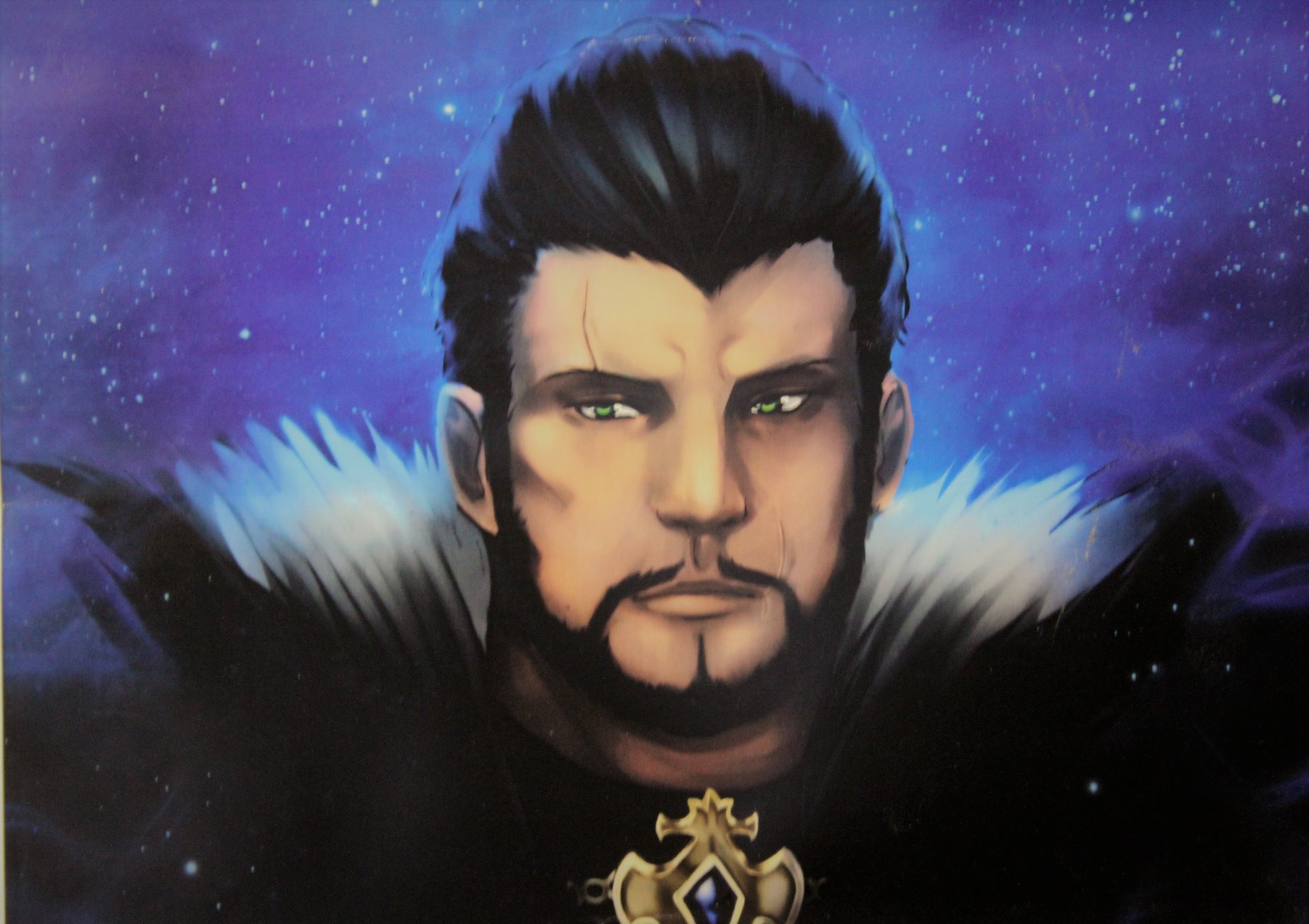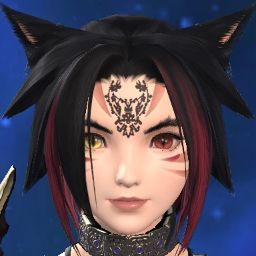I understand what you mean and i agree in part. I want a game to make me feel happy.
But i also want a game to make me feel sad, make me feel invested and give me a reason to care.
The tone of the expansion felt a little, well "tone deaf" because it was all about moving forward, despite the losses and suffering.
But we didn't lose anyone this expansion.
Yes, most characters lost people in the course of previous expansion, but i already felt sorrow for these people. I needed to feel that during Endwalker too, to better emphasize with the theme of the story.
And the scions needed to feel it again to reinforce their desire to forge ahead like they say.
It's easy to move forward when you and your companion are fine.
I think killing one Scion would have been in service of the plot, to paint the gravity of the situation (it's the final days, the actual apocalypse) and challenge the character belief.
Imagine having Alphinaud or Alisaie die, i love these characters and i would feel very sad to see them die. But at the same time it gives a reason for everyone else to continue despite their loss.
It just makes everything more impactful to have meaningful death, especially of beloved characters.
They can't keep only bringing up Haurchefant or Moenbryda deaths for years, we need to lose characters we have a deep connection with too.
-
09-22-2022 11:19 AM #7021(11)
-
09-22-2022 12:59 PM #7022Player
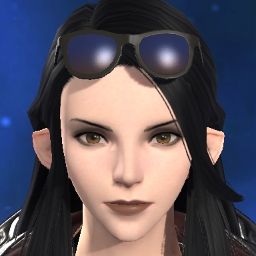
- Join Date
- Apr 2020
- Location
- Amaurot
- Posts
- 1,128
- Character
- Marel Nobelle
- World
- Midgardsormr
- Main Class
- Dark Knight Lv 100
When NONE of the main characters die in the final days, the literal world-ending apocalypse, it becomes very hard to get invested in them. Why should I care about *insert character here* when I know that nothing that happens will impact them in a meaningful way? Why care about the scions and their adventures when their plot armor is so thick that the literal apocalypse can't kill a single one of them? Back in Heavensward, I could get invested because characters weren't guaranteed to be around forever. I could care about a character because they felt real, they had actual hardships that they had to overcome. The characters had to overcome actual trials and struggles, and sometimes a character had to make the ultimate sacrifice to save the day. In Endwalker, every main character says "just forge ahead lol" and is fine. For an expansion that has the words "Tales of Loss and Fire and Faith" played every time you load up the game, there really doesn't seem to be a lot of loss. I guess Vanaspati got lit on fire, and we have faith in Genocydaelyn, but where's the loss? Oh no, a random background NPC died! Anyways...
(11)
-
09-22-2022 01:29 PM #7023Player
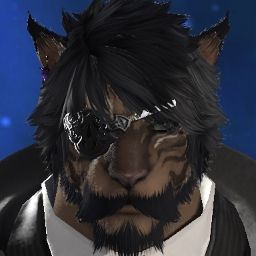
- Join Date
- Oct 2017
- Location
- Bozja
- Posts
- 2,580
- Character
- Harun Asubra
- World
- Zodiark
- Main Class
- Warrior Lv 100
I agree. Let's take two or three different cases and compare them to the Final Days: Holminster Switch and the Vault.
Holminster Switch worked because the game built up the consequences early on. The mystery that something very dangerous was happening was established in Stormblood, and we constantly feel like we're racing against the clock for the rest of the expansion (made evident in Amaurot's theme song and To the Edge). We first start Shadowbringers learning about the desolate world we're in. We're told to go to Eulmore and we see what desperation, giving up and privilege do to a society. And then we go to Amh Araeng and we see the last dredges of society barely holding on by a thread. Tesleen is trying to help victims of Sin Eaters who are slowly turning into them, but there's no hope and all she can do is ease their pain until the time comes. Out of nowhere, she's assaulted by the Forgiven Dissonance and turns into a Sin Eater in front of Alisaie. The small village of Holminster is attacked, and though the first thing we kill is the Dissonance and get catharsis and revenge out of it, the second boss is Tesleen herself. Alisaie goes silent.
There was a build up. You're shown plainly what the dangers are, the tension is all over the place because almost nowhere feels safe, you see the world crumble right before you and it even scars Alisaie. Tesleen was the loss, and while a minor character, it's made clear that Alisaie truly cares for her and her becoming a Sin Eater was a violation. Tesleen was the stake, and it makes us realize that anyone can become a Sin Eater and end up just like her. We see the dangers unfold before us, in a personal note.
The Vault happens in a sequence where the only real tension is Thordan being a jerk. Animosities with dragons were slowly clearing up and people were starting to realize who the real danger was. But Thordan reveals himself to be power-hungry, ignoring even his own son's plea for sense. We knew that Thordan wanted power, with the Heaven's Ward under his pinky and having been established before to be unscrupulous and antagonistic. The dungeon starts with an organ mix of Ishgard's theme "Solid" called "Hallowed Halls". The cutscene actually starts with echoing gothic bells, usually associated with mourning in media. But as it goes on, the main melody of Hallowed Halls starts to drop to a lower key, in a very funerary and somber tune. Then we finish the dungeon, where Haurchefant shields us from Zephirin's spear and he dies.
Again, though there were no narrative indications that he'd die, the dungeon itself does a good job. It blends both the scenery that we've come to expect from Ishgard and a tonal expectation that's subtle in the music. As you keep going forward, you slowly start to realize just how much of a threat the Heaven's Ward is and it dawns on you what Thordan is capable of via the bosses. That last one even makes it clear that he doesn't value life, only hierarchy. And when someone close to us dies immediately after, it validates what the dungeon was establishing and makes the consequences real. It makes our conflict with Thordan far more personal then than before.
Vanaspati was brilliant in that it reminded me of Holminster Switch but on a second thought it kind of falls flat? As I said, HS starts with the personal note already being there for you and Alisaie. The first boss is a vengeance quest, while the second one is an emotional gut punch. But while Vanaspati is scary because of Vrtra's voice-over where you hear his laments and the music is intimidating, to many players the real impact of the dungeon is the woman with her children. A replica of the incident at Radz-at-Han. For us, it's shocking and scary and it definitely sticks in our minds... but there's no pay-off to that. Vrtra already made it clear he's uncomfortable; he doesn't comment on the mother's death and the children turning as well. We never even get to know who the mother is. There's no personal connection to be made for us. It's just glorified violence for shock value, to make the Final Days live up to their name.
Past that though? It's just... there. Implied in the background. And the Job Quests. The Final Days affected no one in the main cast, with Vrtra only really lamenting over faceless NPCs. Sure, it's sad, but for us we don't connect. We don't know these people. The sadness we feel is the generic loss of life: sad, but that's all we can really say. Ultima Thule gets a lot of crap for the same reason. It's trying to build up such a reaction from us, and it almost succeeds. Thancred's gone. Not just in that "he disappeared", but he also "became the light for us to see where we were going". And it's scary at first, but then you expect to know more about this, but no, you just move on. Then it's Estinien's turn, and he also "dies", but it's more visibly heroic rather than shocking, and we can't help but wonder "what's going on" since they're all dropping so fast. And no soon after does Y'shtola come in and flat-out tell you "Yo, there's a way to bring us back, just don't use that method at the wrong time!"
And that's it. It cheapens out the rest of the sacrifices. Great for character development and establishment, but it just invalidates the sadness in seeing them go. There are no stakes for us. We have no personal emotional investment in the characters we see depart. And when we do, the story tells us to relax.
I'll be honest, I had more of a visceral reaction from the Blades in Delubrum and knowing Dabog's fate in Zadnor than I had about any of this. Because despite them being background NPCs, I THOUGHT they were going to be major players and actually had time to read about them and took time to wonder how they felt about all that was going on. Vanaspati isn't a dungeon I remember for the emotional impact, but for the shock value. The Final Days didn't feel like a race against the clock, because the stakes were so localized and the plot armour our friends were wearing was so glaringly obvious. Had I gotten more information on the mother in Vanaspati, surely I'd feel the impact a lot more than "wow, this is harsh!!". But I didn't. That execution was never there. And for a fate just as bad, if not worse than the Flood of Light, it felt quite flat. And speaking of music again, the first time you hear Insatiable, it's dark and you can tell that the fight is a cruel one in an unforgiving world. Endwalker's "Finality" is too heroic and upbeat in comparison. The mid-boss music "On Blade's Edge" does a better job at it, but even that has a lighthearted tone.
You know it's bad when the only NPC that we emotionally connect to and that we visibly see being affected by all this is Matsya. And nothing major happens to him, he just nearly turns with a baby in his arms, but then gets Vrtra Ex Machina'd and he's alright.
(warning: LONG rant)(18)Last edited by Midareyukki; 09-22-2022 at 01:52 PM. Reason: added one more line 8D
-
09-23-2022 04:30 PM #7024Player
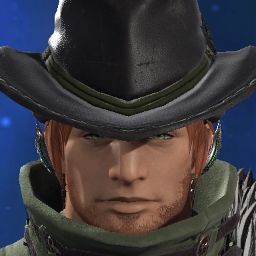
- Join Date
- May 2014
- Location
- The Interdimensional Rift
- Posts
- 3,600
- Character
- Vicious Zvahl
- World
- Excalibur
- Main Class
- Machinist Lv 100
A rant worth the read! Will also add that The Vault takes place entirely at sunset, with the setting sun casting its sinking light the entire time you're in it.
By comparison, Vanaspati has the supernatural red sky of the Final Days, which had the potential to be like the Starshowers from 5.3, but they decided to screw the pooch big time on utilizing it. How much more tense would Endwalker have felt if that red sky casted a pall over the entire planet, until you stop Meteion. It would make Elpis and Labyrinthos both feel far more manufactured and unnatural.(13)
(Signature portrait by Amaipetisu)
"I thought that my invincible power would hold the world captive, leaving me in a freedom undisturbed. Thus night and day I worked at the chain with huge fires and cruel hard strokes. When at last the work was done and the links were complete and unbreakable, I found that it held me in its grip." - Rabindranath Tagore
-
09-23-2022 06:06 PM #7025
They may have planned this originally, as the trailer opens with a scene of the Final Days happening in La Noscea region, but couldn't because of technical or time contraints. Which is a shame, because it would have helped the role quests feel a bit more integrated to the story and give a real sense of urgency to the whole situation.
(9)
-
09-23-2022 11:34 PM #7026
I mean, that's kind of an issue in and of itself. The trailer and all the lead up before EW was about "The final days are here!" with the trailer showing utter chaos everywhere. Within the actual story? Sky turns red twice and for a brief minute there's a ton of monsters but don't worry it'll pass so you can have no sense or urgency while you go on to do menial tasks to pad the run time out.
(9)
-
09-24-2022 01:24 AM #7027
-
09-24-2022 01:30 AM #7028
That one was a bait and switch, to make us believe that it would be the main objective since it's related to Zodiark.
I thought the final zone would be inside the moon.
Sadly for the moon, there's nothing really interesting to do there. It lost it's interest after Zodiark was dealt with.
As for right now it's just the place where the loporrits and the watcher hang out.
Aside from the crashed allagan satellite, there's no point of interest there.(5)
-
09-24-2022 03:19 AM #7029Player

- Join Date
- May 2014
- Location
- The Interdimensional Rift
- Posts
- 3,600
- Character
- Vicious Zvahl
- World
- Excalibur
- Main Class
- Machinist Lv 100
"Gotta subvert those expectations! You can't predict where the story is going, player! Muwahahahahahaha!" - Yoshi P, probably.
I've said it before and I'll probably say it again. They focused on trying to make Endwalker unpredictable at every turn, which only caused the story to suffer. Then, by the end, it did become predictable, so their efforts in this regard were wasted.
They got addicted to subversive writing between Stormblood and SHB. The lead in to SHB was subversive in its entirety, and then SHB subverted the knowledge about the villains whole heartedly, as well as a lot of people's views on Hydaelyn.
Then in EW they turn around and try to subvert that, at the cost of narrative cohesion.
It would seem they have yet to learn that if you write to subvert, this becomes your M.O. and eventually in order to subvert your own M.O. you will have to rely on age old tropes and archetypes. Thus writing something that's not subversive and is predictable.(16)
(Signature portrait by Amaipetisu)
"I thought that my invincible power would hold the world captive, leaving me in a freedom undisturbed. Thus night and day I worked at the chain with huge fires and cruel hard strokes. When at last the work was done and the links were complete and unbreakable, I found that it held me in its grip." - Rabindranath Tagore
-
09-24-2022 06:39 AM #7030
at the moment the final days feels too isolated .You could maybe justify mostly showing Thavnair by sayin that's where our character was at the time making it the only place we would "see" being affected
but since in theory the final days was happening everywhere so everybody sound have a huge mess to cleanup not just Thanavir
This wouldn't be that hard to fix though just find someway to show us how for example ul'dah is dealing with the aftermath.(2)becoming my enemy would be unwise




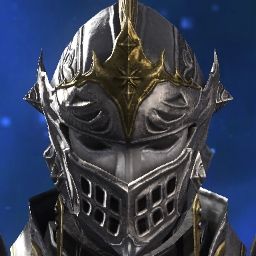

 Reply With Quote
Reply With Quote
